Accordingly, the new Law on Real Estate Business has eliminated the regulation on real estate transactions through the floor. Instead, the parties can choose to transact through the floor if they find it beneficial.
Thus, the debate on whether real estate transactions should be required through the exchange has officially ended.
Regarding this issue, speaking with reporters of the Journalist and Public Opinion Newspaper, Mr. Nguyen Trung Tuan, a real estate expert, said: In the draft Law on Real Estate Business (amended), the Ministry of Construction proposed that all real estate transactions must go through the floor.

The new Law on Real Estate Business has removed the regulation on real estate transactions through the floor. Instead, the parties can choose to transact through the floor if they find it beneficial. (Photo: RT)
According to Mr. Tuan, the Ministry of Construction's proposal is well-founded. Because when trading through the floor, the floors will have the responsibility to appraise and verify the legality of the project. Thus, land and home buyers can feel more secure, their rights are guaranteed, and they avoid buying "ghost projects" that are not fully legal.
However, trading through the floor also gives rise to problems, such as real estate prices will increase, because transactions must be made through a third party. This regulation, when passed, also unintentionally gives "power" to the trading floors.
“I think it is reasonable that the new Law on Real Estate Business eliminates the proposal to trade real estate through the floor,” said Mr. Tuan.
In addition to the above provisions, the Law on Real Estate Business also has many new provisions compared to the 2014 Law on Real Estate Business.
For example, in real estate business payments, the Law stipulates that project investors and real estate businesses must receive payments through banks; individuals doing small-scale real estate business, organizations and individuals selling houses and construction works not for business purposes or on a small scale are not required to go through banks.
This regulation aims to institutionalize Resolution No. 18-NQ/TW: Completing the legal basis and enhancing the implementation of non-cash payments in real estate transactions.
The new Law on Real Estate Business also tightens conditions for transferring all/part of a real estate project.
Specifically, conditions for transferring the entire/part of a real estate project: The transferring investor must fulfill financial obligations regarding the project's land, including land use fees, land rents, and taxes, fees, and charges related to the project's land and the transferred project part.
Thus, the new law tightens the conditions for transferring real estate projects, stipulating that the transferor must fulfill its financial obligations to the State; it does not recognize the parties' agreement for the transferee to continue fulfilling its financial obligations as recommended by many experts.
In addition, the new Law on Real Estate Business also mentions land procedures if the transferee of a real estate project is an economic organization with foreign investment capital.
In case the transferee of the whole or part of the project is an economic organization with foreign investment capital, after the decision to permit the transfer is issued and the parties have signed the transfer contract, land procedures shall be carried out in accordance with the provisions of the law on land.
This point overcomes the disadvantage of the 2014 Law on Real Estate Business that the transferor must return the land to the State so that the State can allocate the land to the transferee.
The draft is revised to refer to the Land Law (amended) to ensure consistency. The Land Law (amended) is being drafted in the direction that the transferee inherits the rights and obligations of the transferor, does not have to reclaim/transfer land, recalculate land use fees...
Source


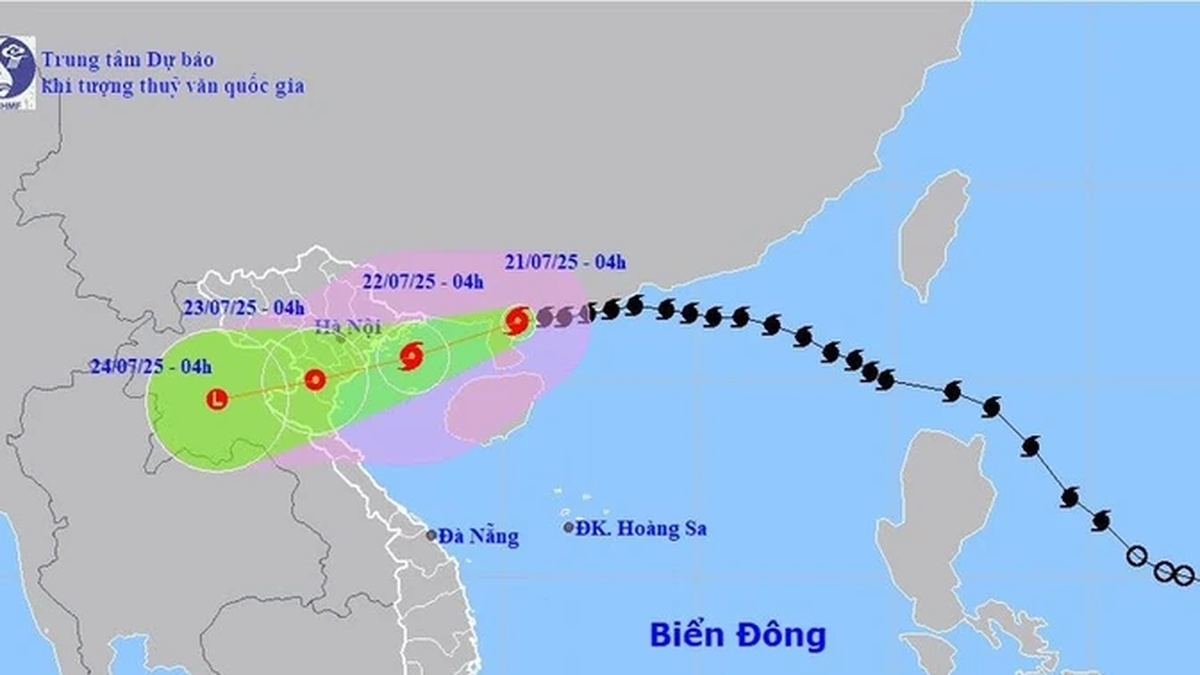
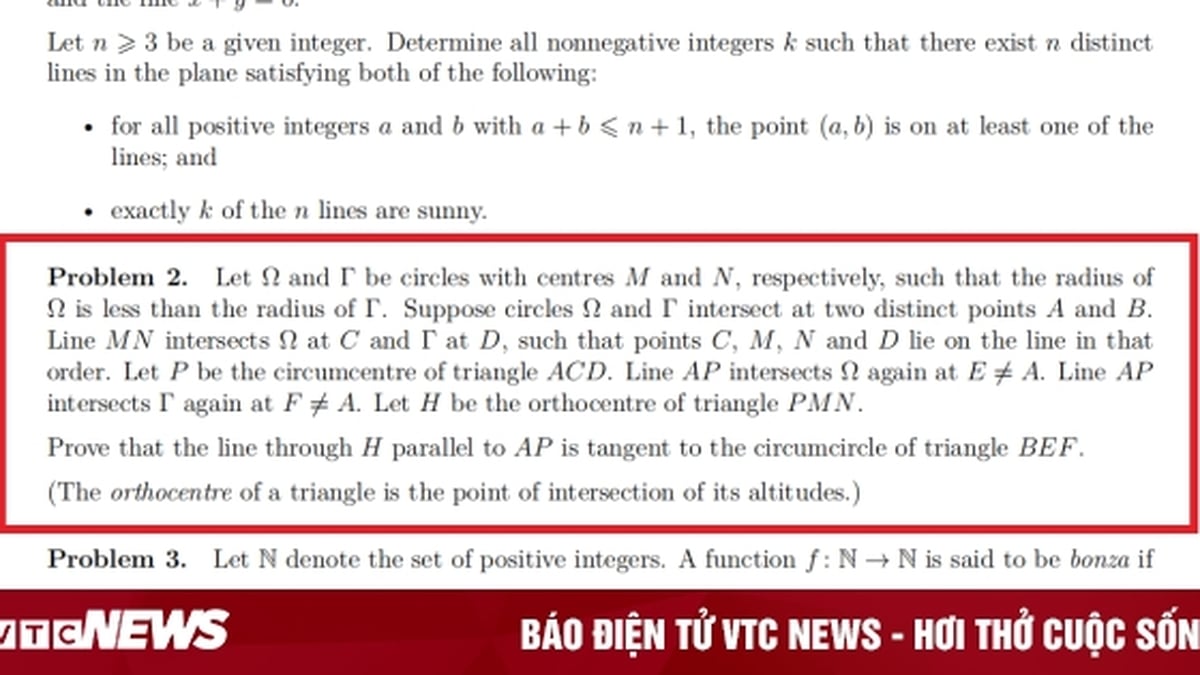
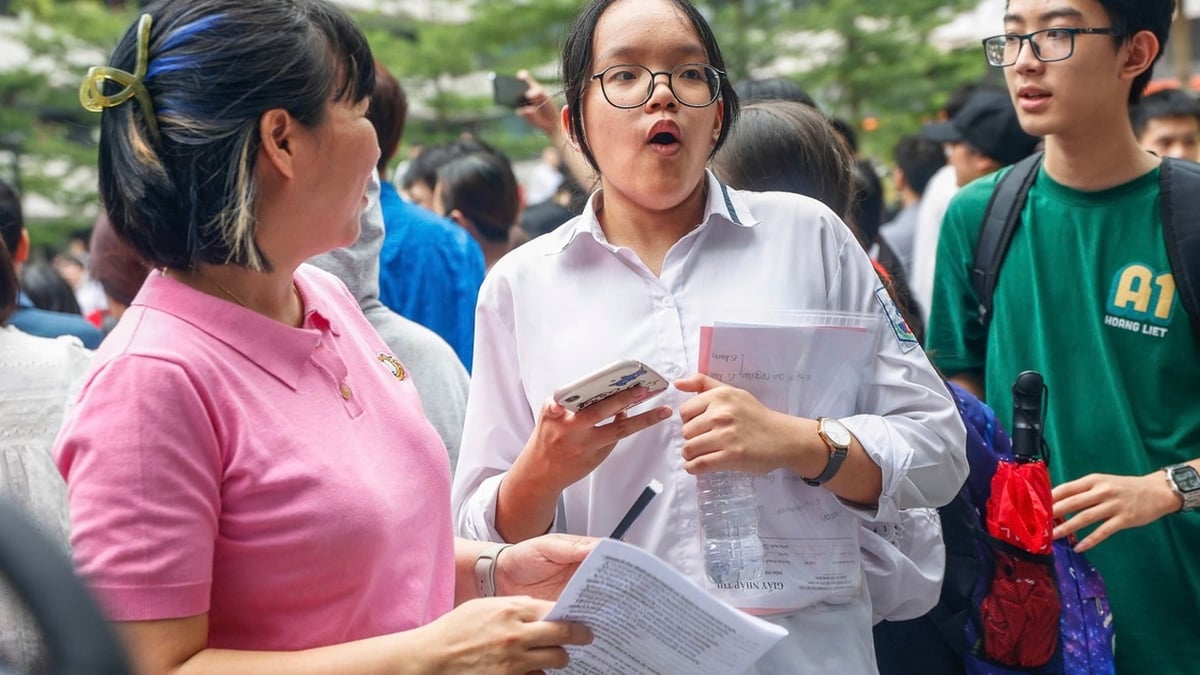
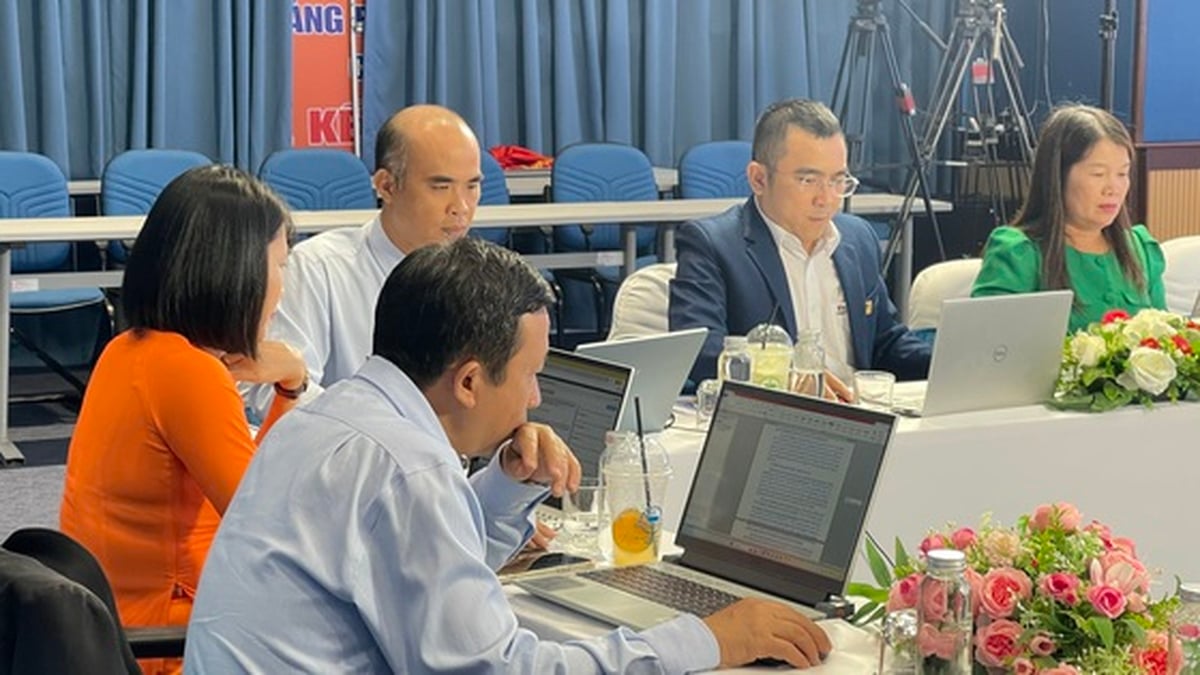

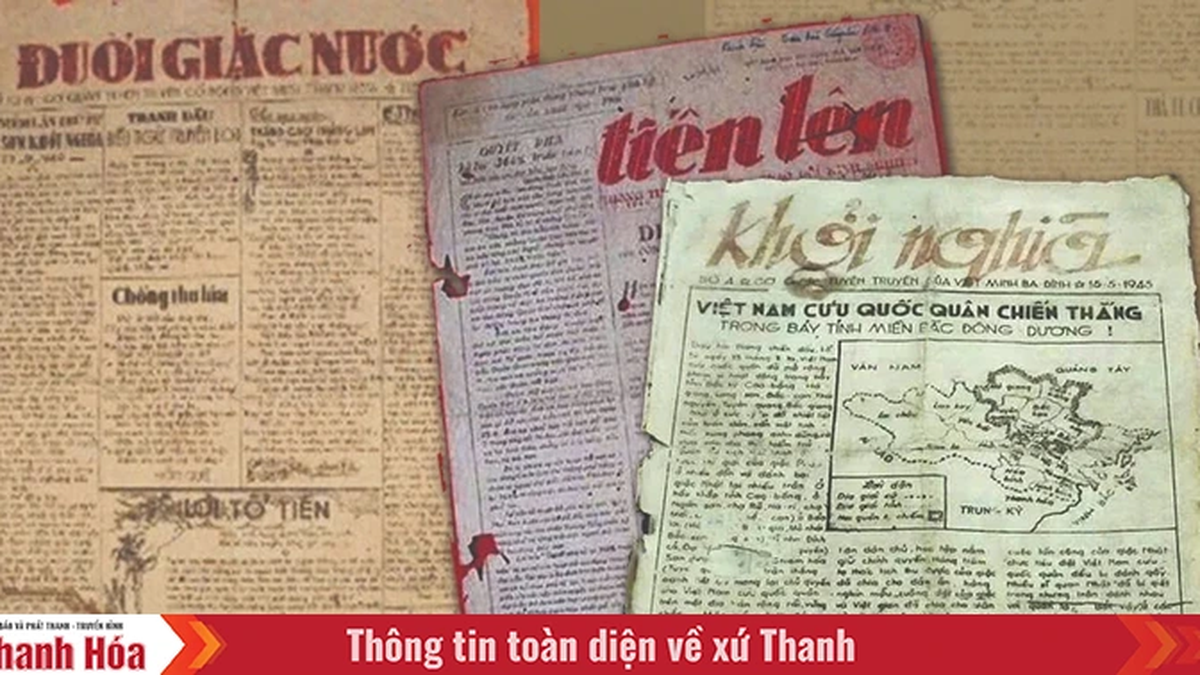
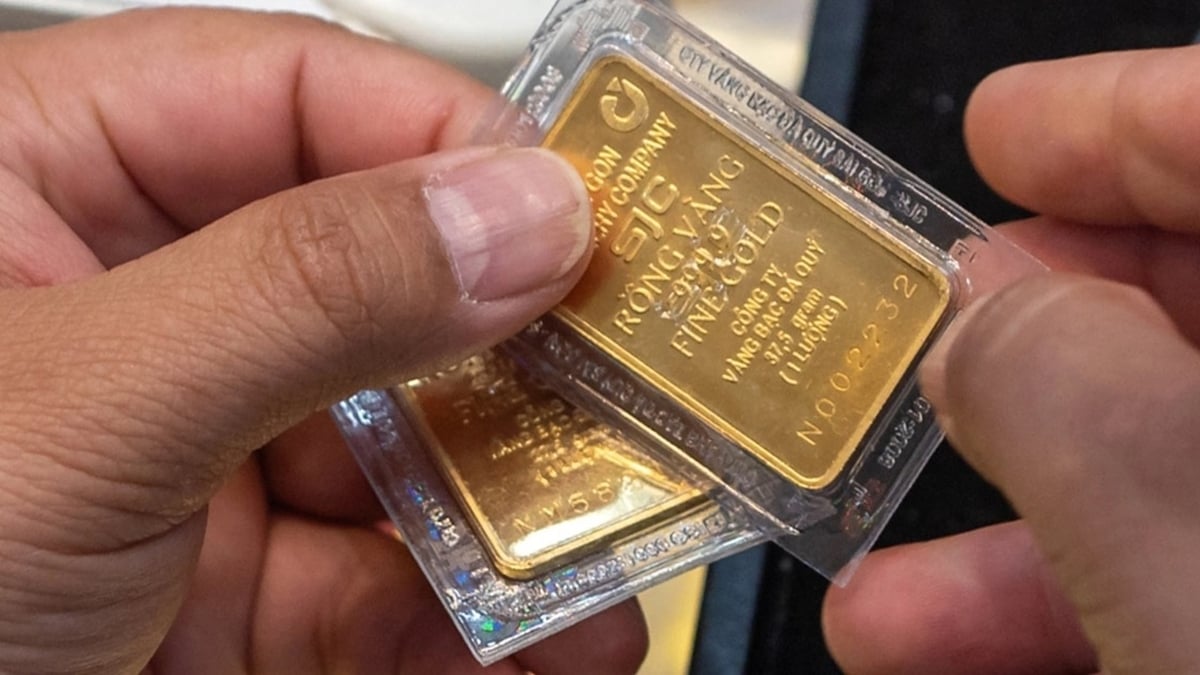


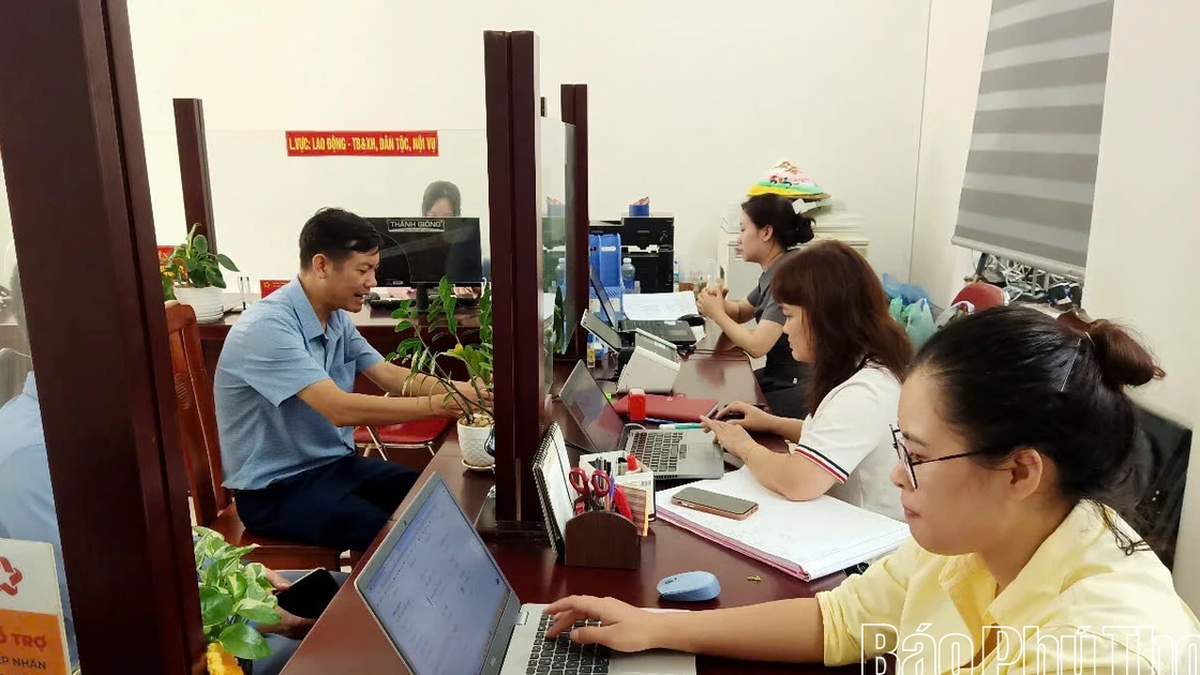

















![[Photo] National Assembly Chairman Tran Thanh Man visits Vietnamese Heroic Mother Ta Thi Tran](https://vphoto.vietnam.vn/thumb/1200x675/vietnam/resource/IMAGE/2025/7/20/765c0bd057dd44ad83ab89fe0255b783)































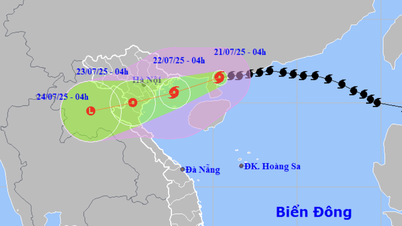




































Comment (0)